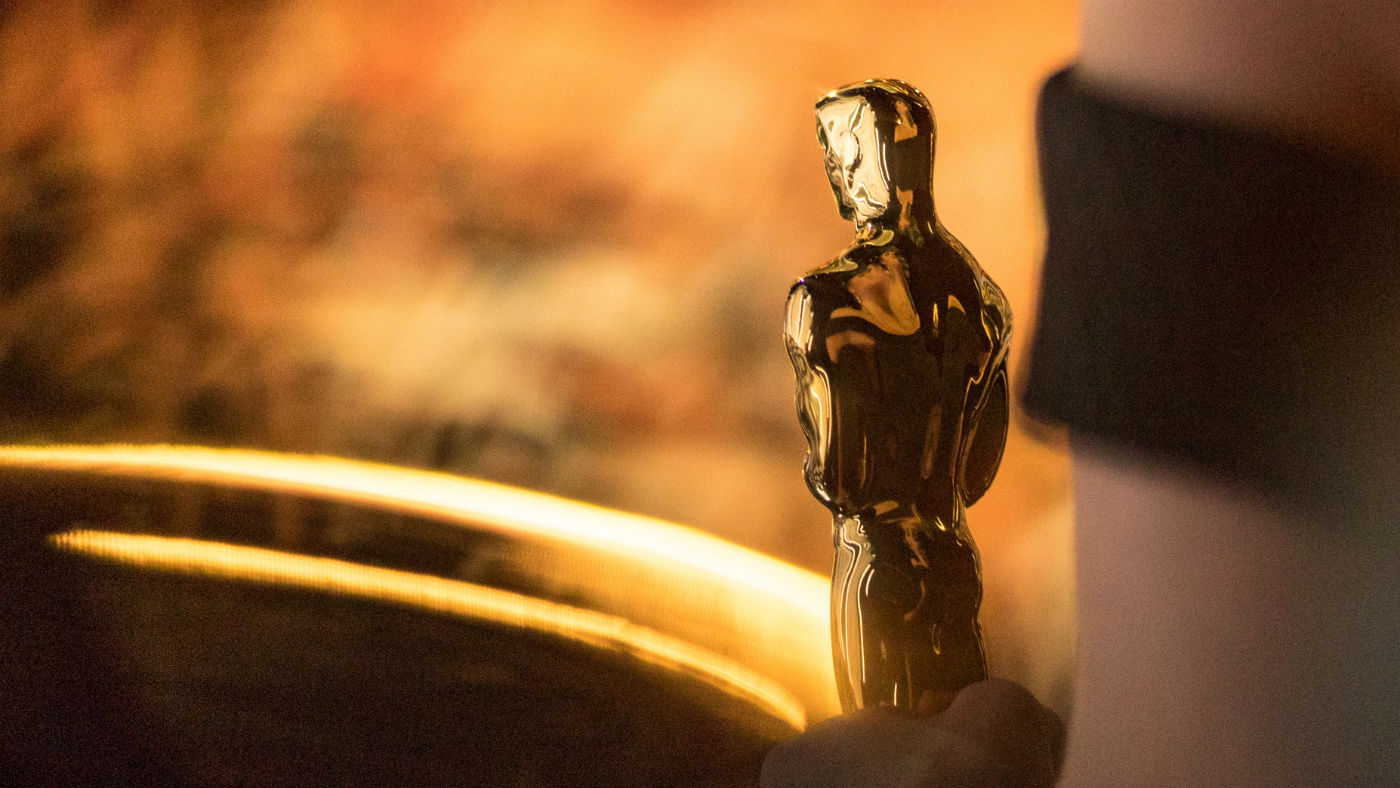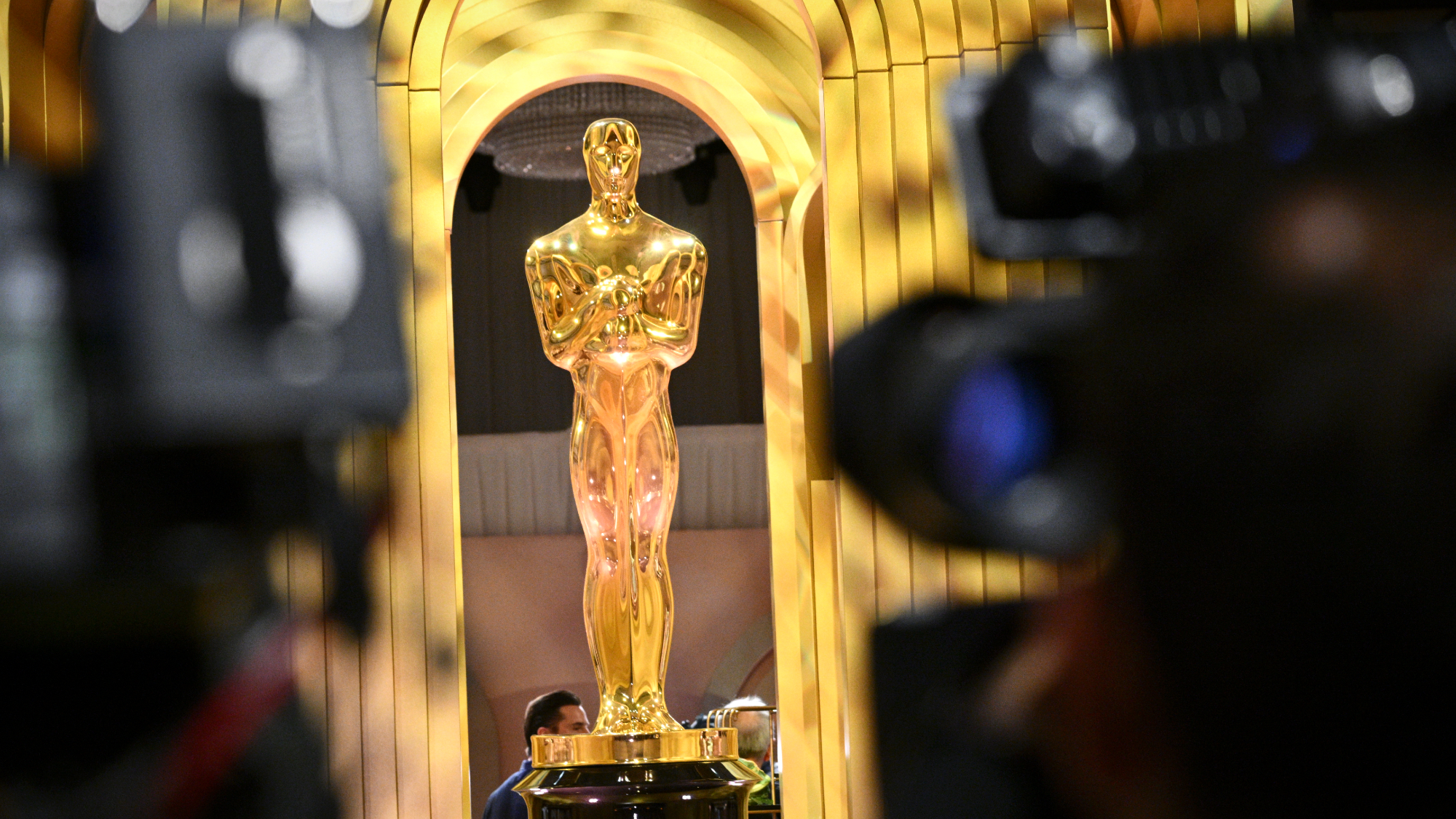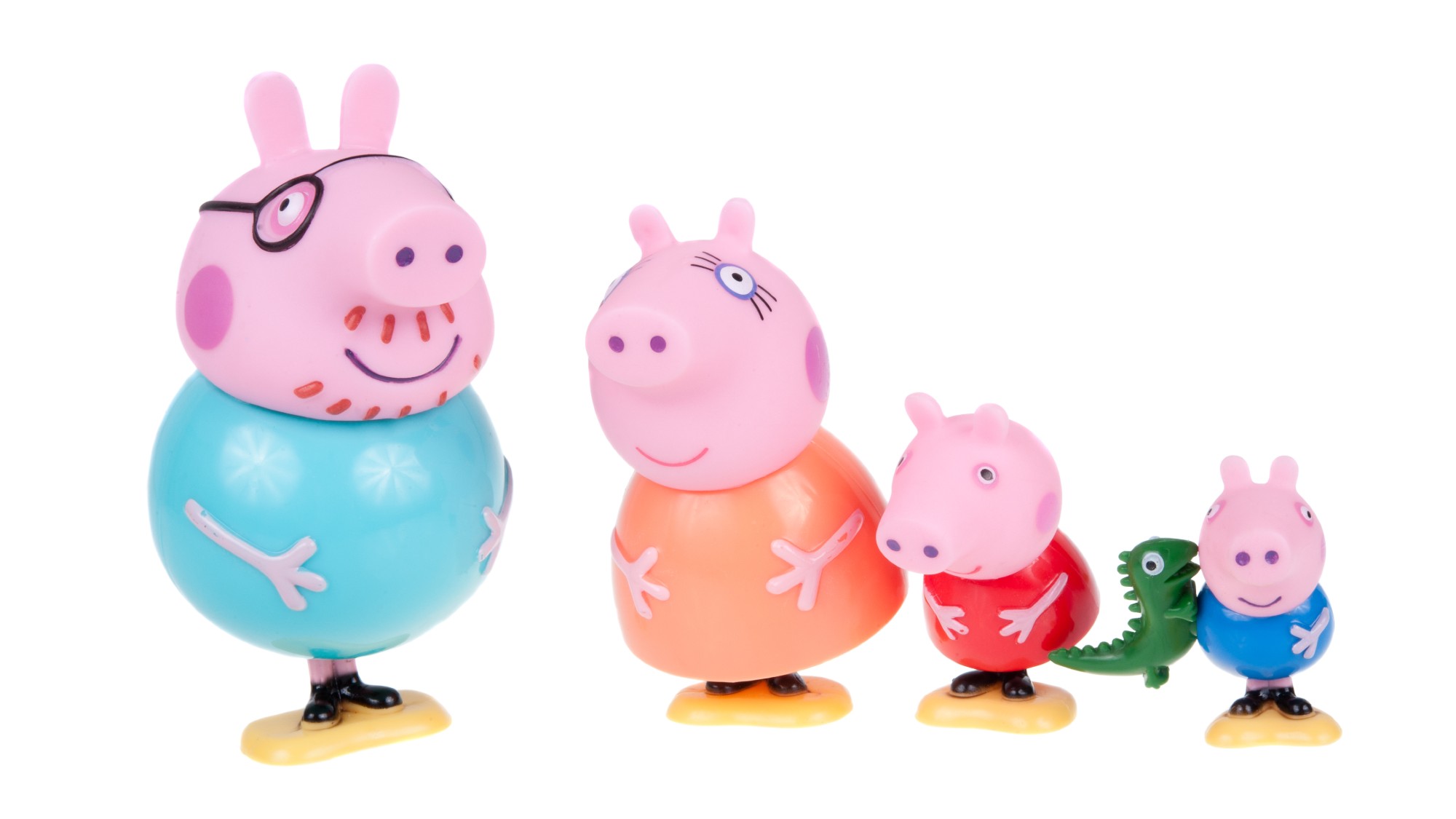Pros and cons of gender-neutral award categories
Does the move make galas more or less inclusive?

A free daily email with the biggest news stories of the day – and the best features from TheWeek.com
You are now subscribed
Your newsletter sign-up was successful
The organisers of the Brit Awards will review the switch to gender-neutral prizes after next week’s ceremony.
Although this year’s top prize was open to male, female and non-binary musicians, the shortlist is all male: Central Cee, Fred Again, George Ezra, Harry Styles and Stormzy.
Speaking to HuffPost UK, a spokesperson for the Brits responded to the criticism, saying it was “disappointing” that the Artist of the Year category was all-male, but that “we also have to recognise that 2022 saw fewer high-profile women artists in cycle with major releases”.
The Week
Escape your echo chamber. Get the facts behind the news, plus analysis from multiple perspectives.

Sign up for The Week's Free Newsletters
From our morning news briefing to a weekly Good News Newsletter, get the best of The Week delivered directly to your inbox.
From our morning news briefing to a weekly Good News Newsletter, get the best of The Week delivered directly to your inbox.
The move towards gender-neutral awards at showbusiness galas has proven controversial. Supporters say the development is more inclusive of non-binary stars but critics fear that it means even fewer women are recognised.
1. Pro: fairer for non-binary
Supporters of gender-neutral categories say they make things fairer for non-binary artists. The “confining categories” of award shows “such as ‘best male actor’ or ‘best female artist’” exclude those who don’t identify as a binary gender, wrote Izzy Bunting for Platform.
The non-binary “may not receive the recognition that they deserve due to their gender”, she added, or “they may be shoehorned into a category that they don’t belong in, therefore misgendering them”.
“By creating more gender-neutral awards”, these ceremonies would be “championing inclusivity and telling more young people they can be successful and recognised no matter who they identify as or who they are”, wrote Elena Adams for the Glasgow Guardian.
A free daily email with the biggest news stories of the day – and the best features from TheWeek.com
2. Con: less visibility for women
A major concern among opponents is that the move could decrease further the number of women recognised at ceremonies. “By trying to avoid offending a very small group of people,” wrote Michael Deacon for The Telegraph, “the organisers could end up offending a far larger one.”
In the 94 years of Academy Awards, its genderless Best Director category has only been won by three women, noted Ian Burton for Pop Geek. The Bafta Rising Star award is also gender neutral but in the last 12 years, eight winners have been male and only four female. There are similar issues in the music industry, wrote Charlotte Krol for the NME: analysis of Grammy award nominees found that 13.9% of individual nominees were women.
Vick Bain, former chief of the British Academy of Songwriters, Composers & Authors, told BBC Radio 4’s Women’s Hour that the Brits had “taken the sticker plaster off” to reveal inequality in the music industry.
3. Pro: more exciting for audience
Gender-neutral categories could make awards shows more competitive and exciting as they pit the best of both genders against each other, argued a spokesman for the Brits.
“Why shouldn’t the likes of Adele and Ed Sheeran be able to go head to head and be judged as artists... assuming they’re nominated?” said Gennaro Castaldo, a spokesperson for music industry body the British Phonographic Industry (BPI), which runs the awards.
Speaking to the BBC, he added that “if you were starting the awards from scratch today, you’d probably do it on these terms”.
4. Con: bad for solo men
Rather than harming female artists, a single, gender-neutral award is “actually going to disadvantage men instead”, argued Caitlin Moran in The Times in 2021, because “pop music is these days dominated by women”.
Arguing that it could make life difficult for solo men, she wrote that the “net result of a new, gender-neutral best artist award” makes things “really difficult” for the likes of “Harry Styles, Stormzy and, going forward, a whole generation of young solo male grime artists who also tend not to have bands”.
5. Pro: a popular move
Gender neutral awards are relatively popular, found a survey by YouGov. In a study in November 2021, 47% of Britons tended to agree that music awards should ditch their separate categories for men and women in favour of combined prizes. Some 36% thought that music prizes should retain male and female categories.
6. Con: a non-issue
Some argue that non-binary people make up a tiny fraction of society, so there is no urgent problem. Peter Howell, a film critic for Toronto Star, claimed that, over his 20-plus-years in the business interviewing Hollywood performers, “not once have I heard one object to the binary classifications of actor, actress, supporting actor and supporting actress”.
“This is another example of what happens when an organisation decides to address a problem that doesn’t exist,” wrote Joan Smith for Unherd, because “sex is binary and few people genuinely believe that artists who ‘identify’ as gender-neutral are neither male nor female”.
Chas Newkey-Burden has been part of The Week Digital team for more than a decade and a journalist for 25 years, starting out on the irreverent football weekly 90 Minutes, before moving to lifestyle magazines Loaded and Attitude. He was a columnist for The Big Issue and landed a world exclusive with David Beckham that became the weekly magazine’s bestselling issue. He now writes regularly for The Guardian, The Telegraph, The Independent, Metro, FourFourTwo and the i new site. He is also the author of a number of non-fiction books.
-
 The environmental cost of GLP-1s
The environmental cost of GLP-1sThe explainer Producing the drugs is a dirty process
-
 Greenland’s capital becomes ground zero for the country’s diplomatic straits
Greenland’s capital becomes ground zero for the country’s diplomatic straitsIN THE SPOTLIGHT A flurry of new consular activity in Nuuk shows how important Greenland has become to Europeans’ anxiety about American imperialism
-
 ‘This is something that happens all too often’
‘This is something that happens all too often’Instant Opinion Opinion, comment and editorials of the day
-
 Hamnet: a ‘slick weepie’ released in time for Oscar glory?
Hamnet: a ‘slick weepie’ released in time for Oscar glory?Talking Point Heartbreaking adaptation of Maggie O’Farrell’s bestselling novel has a ‘strangely smooth’ surface
-
 The ultimate films of 2025 by genre
The ultimate films of 2025 by genreThe Week Recommends From comedies to thrillers, documentaries to animations, 2025 featured some unforgettable film moments
-
 Oscars jump to YouTube after decades at ABC
Oscars jump to YouTube after decades at ABCSpeed Read The awards show will be broadcast worldwide on YouTube starting in 2029
-
 Daddy Pig: an unlikely flashpoint in the gender wars
Daddy Pig: an unlikely flashpoint in the gender warsTalking Point David Gandy calls out Peppa Pig’s dad as an example of how TV portrays men as ‘useless’ fools
-
 To the point: the gender divide over exclamation marks
To the point: the gender divide over exclamation marksTalking Point ‘Men harbouring urges to be more exclamative’ can finally take a breath – this is what using the punctuation really conveys
-
 One Battle After Another: a ‘terrifically entertaining’ watch
One Battle After Another: a ‘terrifically entertaining’ watchThe Week Recommends Paul Thomas Anderson’s latest release is a ‘high-octane action thriller’ and a ‘surefire Oscar frontrunner’
-
 The rise of the performative male
The rise of the performative maleTalking Point What the latest internet trope tells us about gender roles, dating and male illiteracy
-
 'Mankeeping': Why women are fed up
'Mankeeping': Why women are fed upFeature Women no longer want to take on the full emotional and social needs of their partners